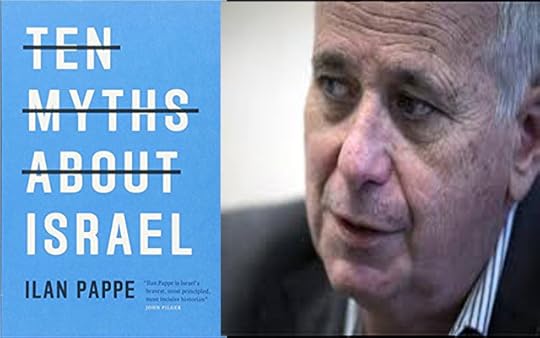What do you think?
Rate this book


232 pages, Paperback
First published May 2, 2017




Israel, como Estado colonialista de povoamento, tem por tendência implícita o desejo de ocultar seus atos de eliminação, sobretudo em tempos nos quais o colonialismo é visto com maus olhos, e mais ainda para um país que alardeia ser “a única democracia no Oriente Médio” e um “Estado judeu e democrático”.